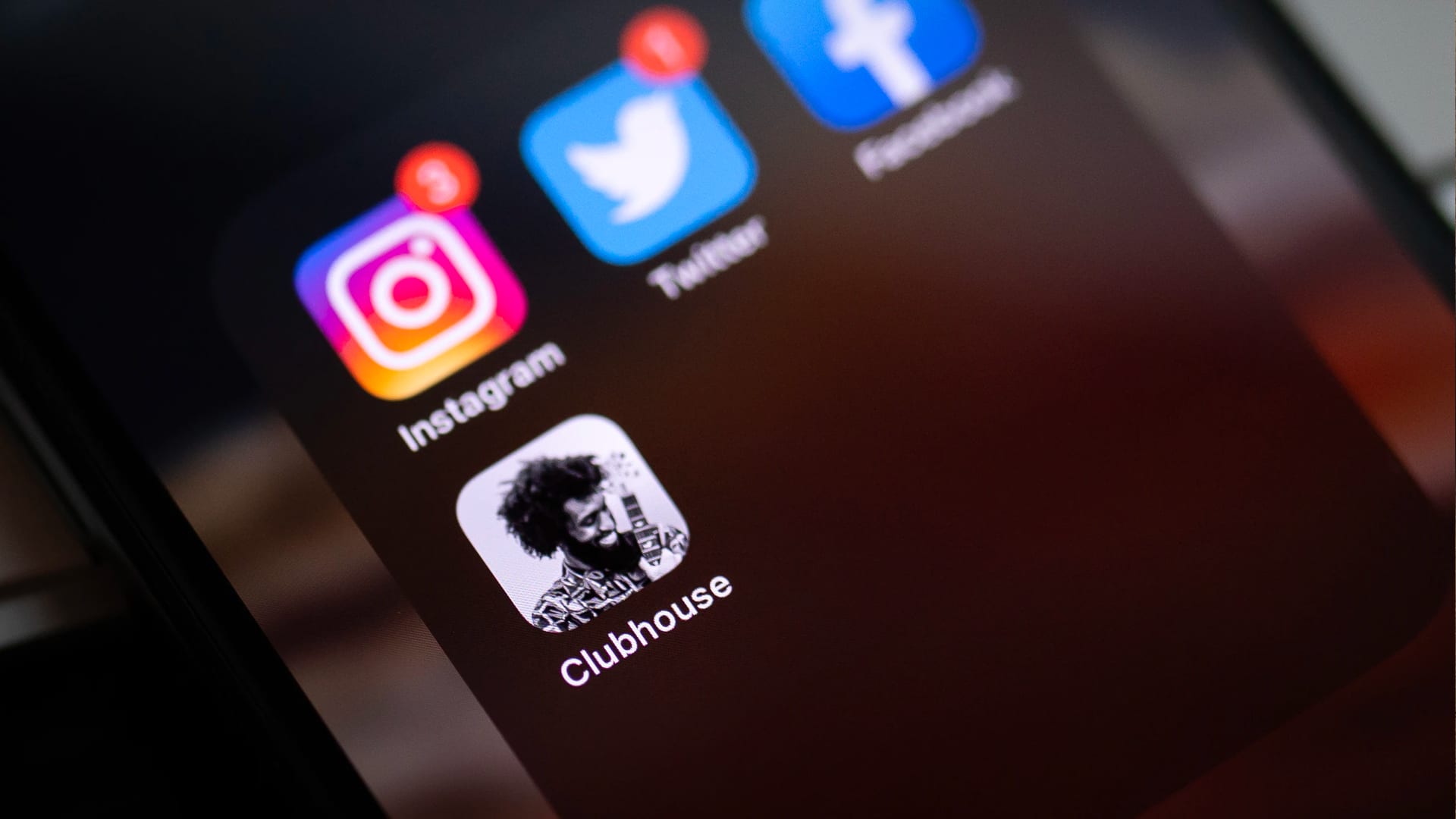The last few months have brought a lot of buzz about the new social audio-chat app Clubhouse. So how exactly does it work, and what are the rules of the road for communicators and brands that want to get involved?
Clubhouse is an (as of now) invitation-only audio-chat app that debuted in the spring of 2020. Rohan Seth and Paul Davison—who previously collaborated on a now-defunct app called Talkshow, which allowed users to have public text conversations that any number of people could view—created Clubhouse as their latest attempt at building a social app that aims to be “more human” and driven by conversations, rather than posts or video.

How does it work?
In its current form, Clubhouse is an exclusive iPhone app designed as a virtual conference space that hosts speaking events set in various rooms that serve as virtual stages. The experience on Clubhouse varies by room and subject matter and can be comparable to tuning into a live, unedited podcast or radio show, a panel discussion or even a conference call. To discover content, users can join public and private clubs around interests like sports, wellness, music, talk shows, etc. The host and moderators—who are given the right to speak—control the flow of conversation, including who gets to speak and when. As a listener, you can raise your hand, but the moderator is in charge of who gets the microphone.
The buzz
The buzz currently surrounding Clubhouse comes from the fact that friends and strangers can walk up and down the “hallway” and jump into rooms to listen in as moderators and guests talk. Part of the excitement is that there’s no telling who can drop in. Elon Musk recently had a conversation with Robinhood CEO Vlad Tenev about the company’s decision to restrict trading of GameStop, provoking rage from its users. And Mark Zuckerberg has dropped in to talk about AR and VR. But Clubhouse isn’t only for the tech elite—other celebrities who have joined conversations include Jared Leto, Tiffany Haddish, Oprah Winfrey, Drake and Kanye West, to name a few.
The issues (so far)
The biggest challenges facing Clubhouse so far revolve around content moderation and the potential for misinformation. For example, conversations about the development of the COVID-19 vaccine escalated from misinformation to conspiracy theories to harassment of medical professionals. Additionally, there have been reports of anti-Semitic conspiracy theories and hate speech towards the LGBTQ community. Unlike other social media platforms where users leave a digital footprint through text, images or videos, the conversation in Clubhouse is erased once a room closes, making it extremely difficult to hold people accountable for their words. Currently, Clubhouse does not employ any internal moderators.
Additionally, as with other buzzy social platforms—like Snap, Meerkat and Vine—the giants of Silicon Valley are quick to clone the elements that take off. Facebook executives are said to have instructed their teams to create a similar product, and Twitter has been expanding its Spaces audio feature to more people. Competition is gaining steam.
How brands can leverage Clubhouse
As the first step with any new platform, especially one based on real conversations, brands should LISTEN before they begin speaking. Score an invite and familiarize yourself with the app. Understand the conversations, lifestyles and motivations of the app’s users and begin to map out where your organization can potentially add value back to the community.
If you’re looking to join in, a brand might consider hosting a panel discussion with an influencer on Clubhouse and promote it on other paid, social and earned media platforms. Clubhouse recently announced the development of an invite-only “Creator Pilot Program,” an influencer program which is currently only open to 40 top users but shows promise for businesses who may wish to partner with elite users of the app.
Additionally, brands could leverage the equity of celebrities, influencers and reporters that are already popular on Clubhouse to discuss an upcoming program or initiative within the discussion. Think about it as being similar to a live Reddit AMA session.
Clubhouse could also be a great tool for executive visibility, employee engagement and internal town halls, especially during the pandemic when many organizations have a fully remote workforce. Executives can use the opportunity to listen to employees and consumers around product development or join conversations that are relevant to their industry. Could a food tech CEO jump into the “Plant Based” room and discuss how their company is moving the category forward? Could a hospital CEO discuss their plans for distributing the COVID-19 vaccine throughout their network? Clubhouse offers a way for companies to listen intimately to their customers but also strike up and join an active discussion.
Where real-time content apps have struggled in the past, particularly when it comes to video (Periscope, anyone?), Clubhouse might just fit the zeitgeist. In a world where we’re craving authentic connections and fresh conversation—but where one more video call might push us over the limit—real-time audio might just have something to offer.
Clubhouse may have potential, but its ultimate success is not certain, especially given it’s still building momentum. At a minimum, it’s worth reserving a username in the Clubhouse app and listening to potential conversations that are a natural fit for your organization. Want to talk further? We’re here to help.


